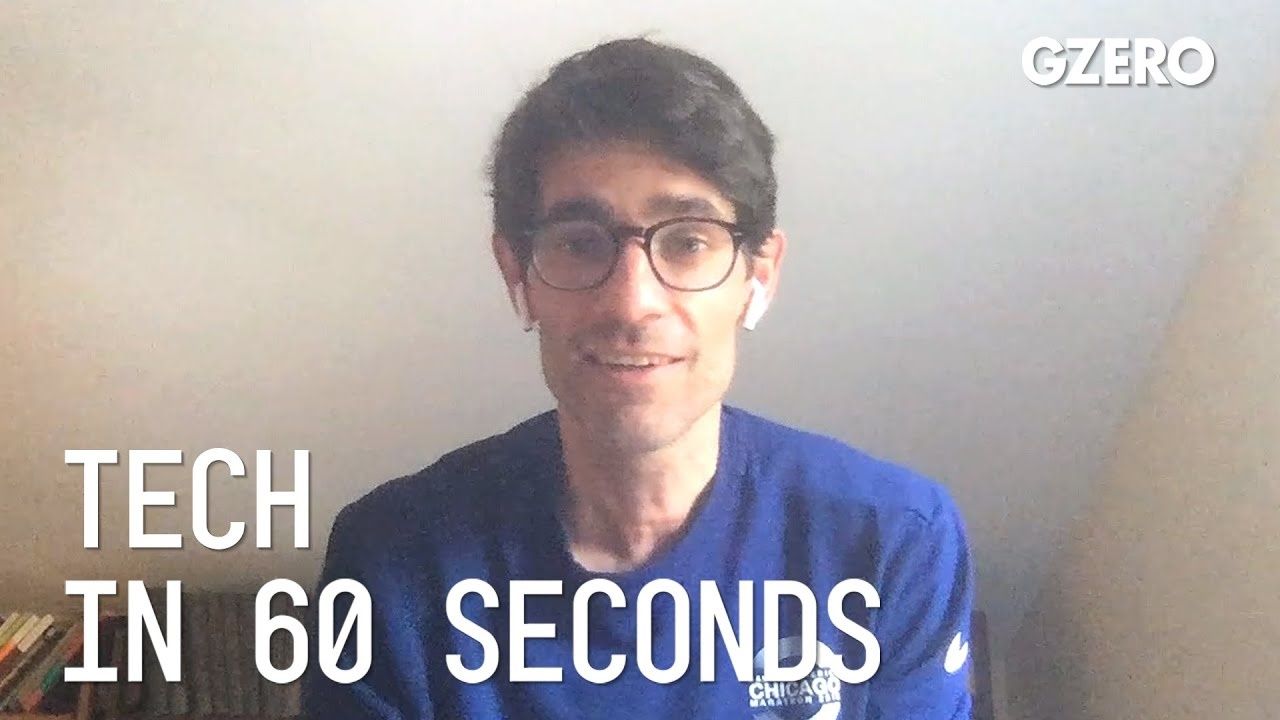
Nicholas Thompson, Editor-in-chief of WIRED reflects on the state of technology in the world of COVID-19: Question one: In this new world of coronavirus, how vulnerable are we to the spread of misinformation and how do we combat it?
We are extremely vulnerable because we're hyperemotional. We're desperate for a cure. We're looking for any thread of optimism we can find, and so people are able to exploit that. What can we do about it? Well, the platforms have to take responsibility like they've never before. Journalists have to take responsibility. And the good news, platforms are taking strong actions, stronger than in the past.
With many people working from home, will there be an Internet bandwidth issue?
There already is in Europe. Netflix had to move from high definition streaming to standard definition streaming. Hasn't come to United States yet, and I think we'll be OK. One interesting side note, mobile bandwidth will be fine because everybody is at home using Wi-Fi, not their mobile phones.
Why does coronavirus set the stage for hacking?
Well, sort of for the same reasons it sets the stage for misinformation. We're desperate to find any bit of goodness out there, and it makes us susceptible. When your emotions are at a very high level, that's where hackers can take advantage of you.